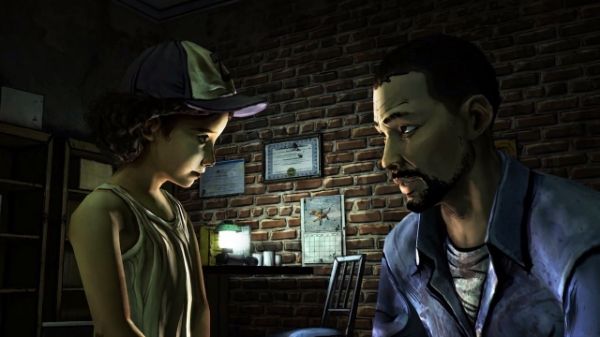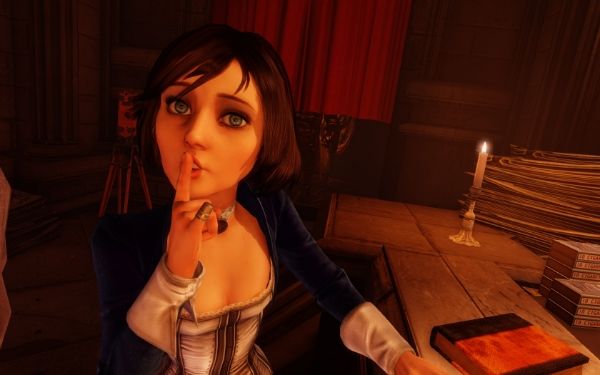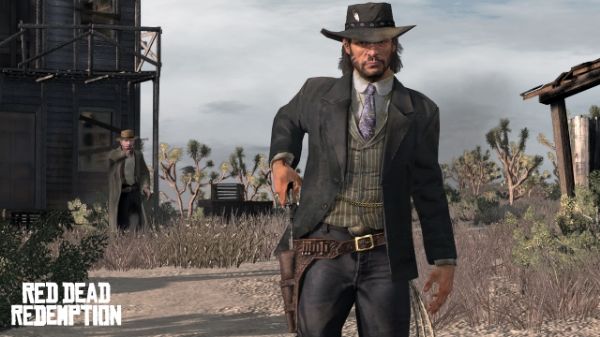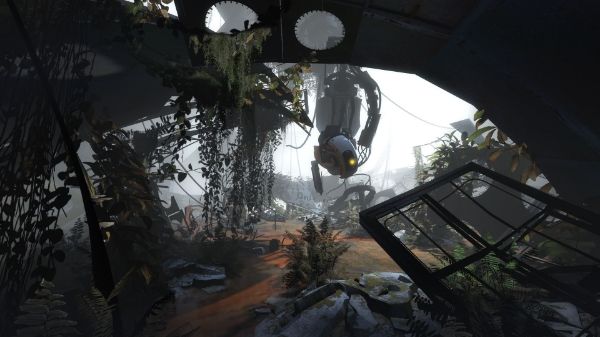FAVORITE GAMES OF THE LAST GENERATION: #5 - #2!
this entry brought to you by glasser, "shape"
with love from CRS @ 4:10 PM




